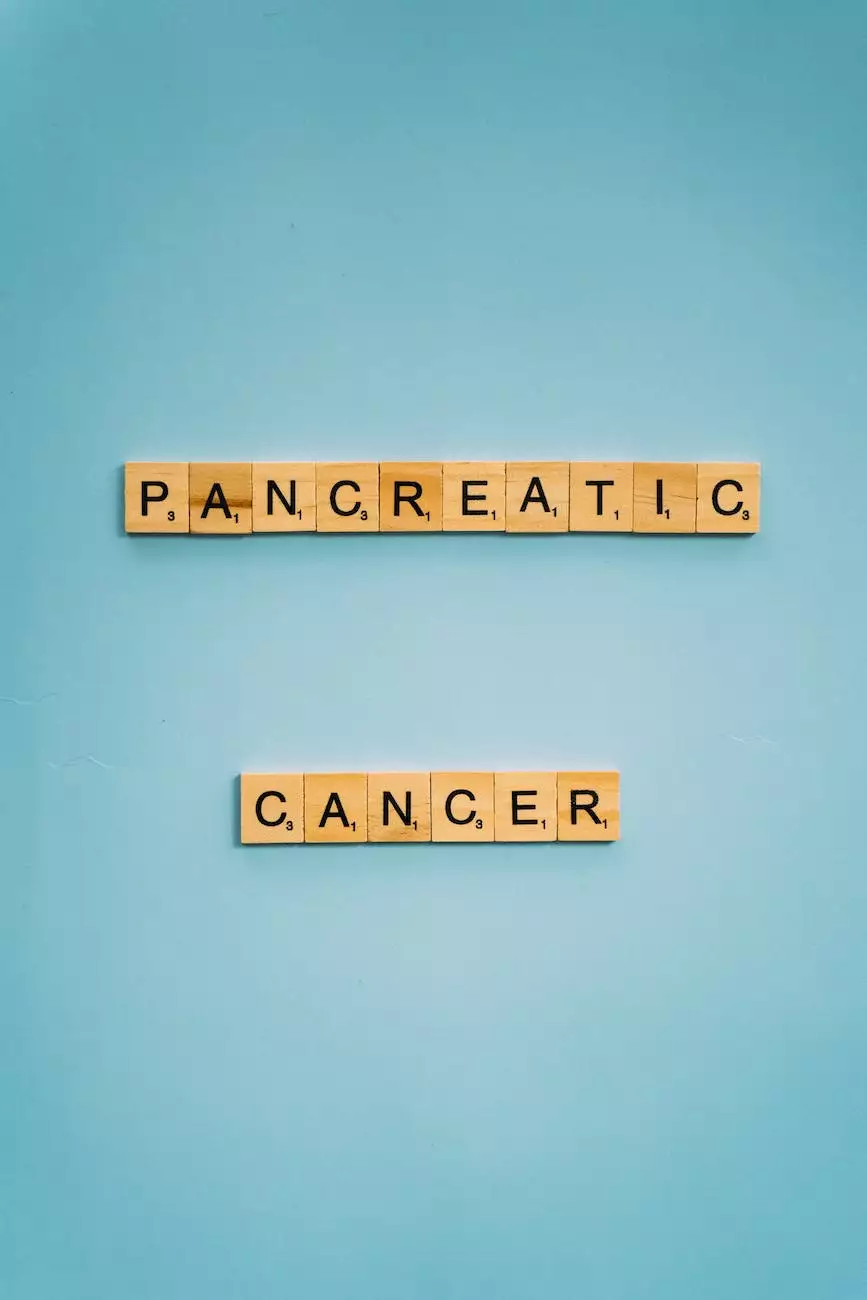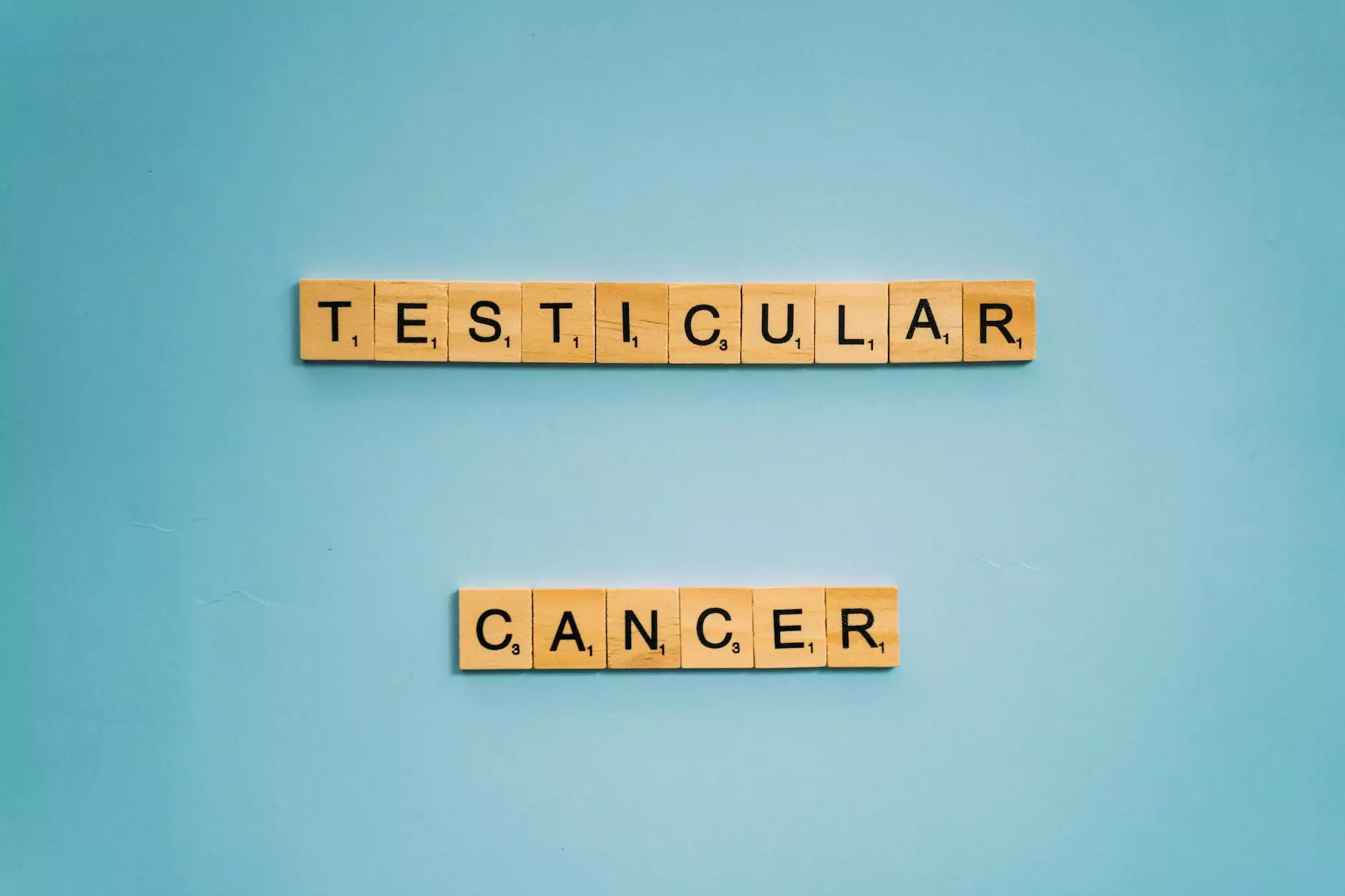Rectal Cancer: Understanding Types, Causes, Symptoms, Diagnosis, and Treatment

Introduction
Welcome to the informative page on rectal cancer by Brandt Debra S MD, a trusted medical professional specializing in rectal cancer treatment. In this comprehensive guide, we will cover various aspects of rectal cancer, including its types, causes, symptoms, diagnosis, and treatment options.
Types of Rectal Cancer
Rectal cancer can be categorized into several different types based on the location and characteristics of the tumor. Some common types include:
- Adenocarcinomas: This is the most common type of rectal cancer characterized by malignant cells forming glandular structures.
- Mucinous adenocarcinomas: These tumors produce mucus and can have unique diagnostic and treatment considerations.
- Signet ring cell carcinomas: This rare type of rectal cancer contains tumor cells with a characteristic signet-ring appearance.
Causes and Risk Factors
Rectal cancer can develop due to a combination of genetic and environmental factors. While the exact cause is often unknown, certain risk factors can increase the likelihood of developing rectal cancer. These include:
- Age: The risk of rectal cancer increases with age, with most cases diagnosed in individuals over 50 years old.
- Family History: Having a close relative with a history of colorectal cancer can elevate the risk.
- Lifestyle Factors: Unhealthy habits such as smoking, excessive alcohol consumption, and a sedentary lifestyle may contribute to the development of rectal cancer.
- Diet: A high intake of processed meats and low intake of fiber-rich foods can increase the risk.
Symptoms of Rectal Cancer
The signs and symptoms of rectal cancer can vary depending on the stage and location of the tumor. Some common symptoms include:
- Rectal Bleeding: Blood in the stool or bleeding during bowel movements is often an early sign of rectal cancer.
- Changes in Bowel Habits: Persistent diarrhea, constipation, or narrow stools may indicate rectal cancer.
- Abdominal Discomfort: Cramping, pain, or bloating in the abdomen can occur as the tumor grows.
- Anemia: Unexplained weight loss and fatigue due to anemia can be associated with rectal cancer.
Diagnosis and Screening
Early detection plays a crucial role in the successful treatment of rectal cancer. Common diagnostic methods and screening options include:
- Colonoscopy: A procedure that allows doctors to examine the rectum and colon for abnormalities.
- Biopsy: Sampling and analysis of suspicious tissues to confirm the presence of cancer cells.
- Imaging Tests: Various imaging techniques such as MRI, CT scan, and ultrasound help determine the extent of the cancer.
Treatment Options
Brandt Debra S MD offers a range of effective treatment options for rectal cancer based on the stage and individual needs of the patient. These may include:
- Surgery: Removal of the tumor and surrounding tissues through surgical procedures.
- Chemotherapy: The use of powerful drugs to target and destroy cancer cells.
- Radiotherapy: High-energy radiation to kill cancer cells and shrink tumors.
- Targeted Therapy: Medications that specifically target cancer cells, minimizing damage to healthy cells.
Conclusion
Understanding the types, causes, symptoms, diagnosis, and available treatment options for rectal cancer is essential in managing the condition effectively. Brandt Debra S MD is dedicated to providing comprehensive medical services to rectal cancer patients, ensuring the best possible outcomes. If you suspect any signs or symptoms of rectal cancer, it is crucial to seek prompt medical attention for early diagnosis and personalized treatment plans.










